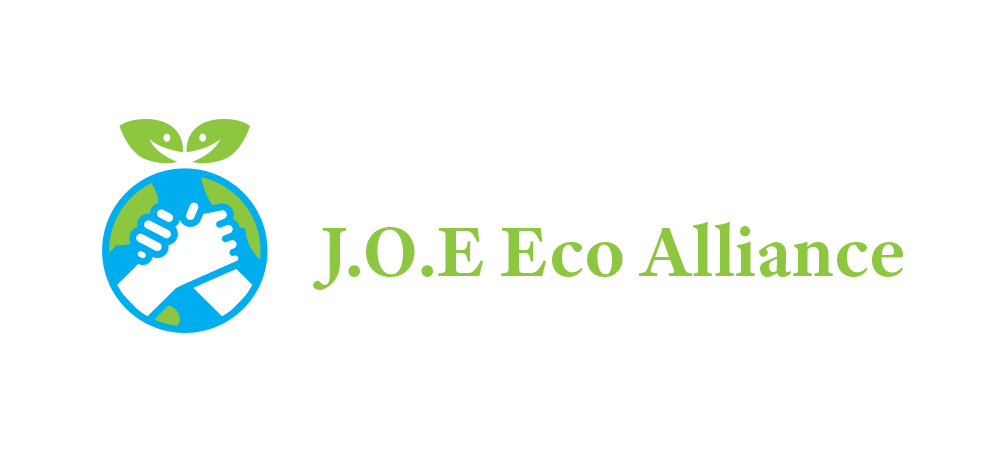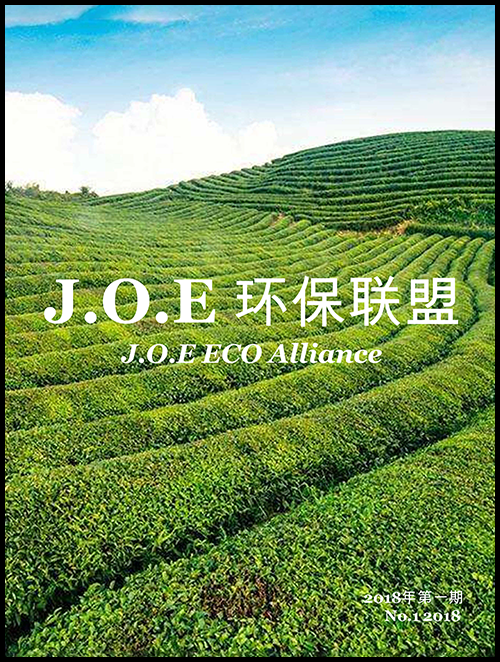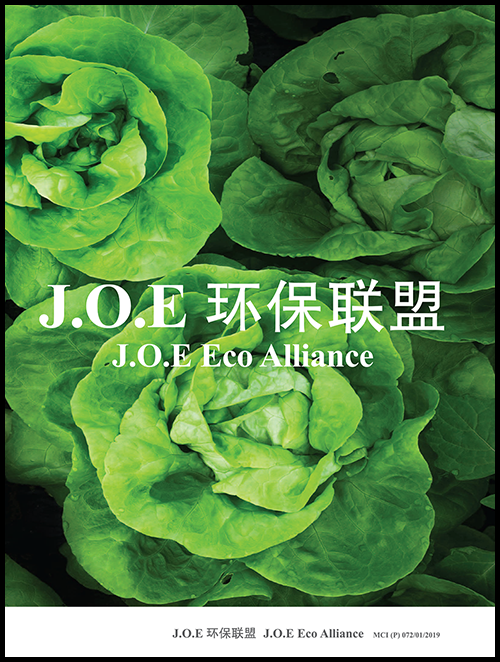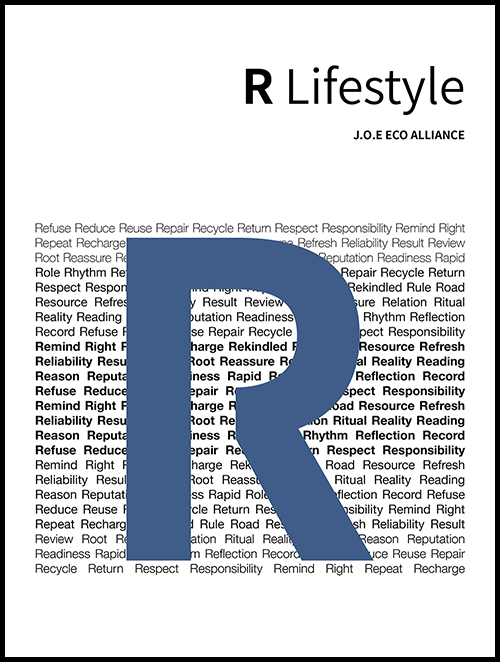Govt push to boost hygiene levels as coronavirus fight intensifies
政府昨天宣布成立跨部门的“新加坡保洁工作小组”(SG Clean Taskforce),负责推动提升公共与个人卫生水平,避免病毒通过不良卫生习惯传播,同时也借此移风易俗,革除陋习,型塑良好社交习惯。政府在上个月已启动了新加坡保洁运动(SG Clean),这是一场持久性的运动。
卫生部长颜金勇前天刚在国会强调保洁运动对控制冠状病毒疫情的重要性,并吁请国人务必要保持高水准的个人卫生,因为良好卫生习惯已证实能减少病毒传播。人人须维持这些习惯,生病就留在家中,用餐时用公筷等,小贩中心和公厕也应维持高卫生水准。
与此同时,环境及水源部兼卫生部高级政务部长许连碹博士也在国会宣布,当局将会在明后年相继推出多项提升环境卫生的措施,包括修订环境公共卫生法令,推出强制性清洗标准。
这一连串的举措说明政府意识到,改变个人和公共卫生相关的社交习惯,是抗疫的第一道防线,而当前的疫情所带来的危机,正是一个推动改变的契机。所谓吃一堑长一智,我们必须抓紧这个契机,把危机变成转机,使我们的社会进行必要的脱胎换骨,否则就等于是白缴了昂贵的学费。
新加坡固然是个相当清洁的都市,但时至今日,在很大程度上公共卫生的维持仍然是靠严厉的执法,自发性的清洁卫生行为还很欠缺,而各种陋习至今也仍然难以革除。
以日常人流量最大的各小贩中心、咖啡店、食阁、巴刹等为例,尽管这些年来推行了各种清洁运动,却始终无法改变多数人的坏习惯,如使用公厕不能保持清洁,用餐后不归还碗碟或托盘,桌面一片狼藉,使用后的纸巾随处乱丢。而尽管罚款加重,许多烟客至今也无法改掉乱丢烟蒂的恶习。
这样的现象说明,要改变人们的社会行为并不容易,要提升公共和个人卫生水平,加强人们的社会责任感,就必须来个全盘的检讨,不能只是沿用旧有的做法。因此,上述由环境及水源部部长马善高率领的新加坡保洁工作小组,可谓任重而道远。小组必须全方位检视当前的情况,并为长远塑造一个高度卫生的新加坡制定全盘的方略。
环境及水源部已宣布,从明年起,托儿所、乐龄护理设施、学校和小贩中心等人流量高、使用者免疫力较弱的高风险地方和设施,须达到当局逐步落实的环境卫生标准,包括须定期彻底清洗设施,也须委任一名指定人选,协助设施经理制定环境卫生计划等。其他设施如食阁和咖啡店等餐饮场所、购物商场和酒店,将从2022年起逐步落实新规定。
毫无疑问,加强监管是提升公共卫生水平的必要手段,但更重要的是设法改变社交习惯。在这方面,日本社会是一个很好的例子,也有很多值得我们学习的地方。比如,在公共集会后清理和带走自己的垃圾,使用公厕等设施能保持高度的社会责任感。对一般日本人来说,这是从小就养成的生活习惯,由此形成的道德规范,比法律对人的行为有更大的约束力。
保洁工作小组将从保持公共空间清洁,养成良好的个人卫生习惯和调整社会行为规范等几个主要方面着手,推动保洁运动。多管齐下的做法是正确的,但必须能得到全民的配合与响应。要塑造一个更清洁卫生的新加坡,要求所有新加坡人把自己打造成清洁卫生的公民。冠状病毒横行的当下,国人必须协力抗疫,尤其需要注意个人卫生,而这也正是我们培养良好卫生习惯的好时机。
New norm in battle entails benchmarks on cleaning public places and new social habits
An ambitious exercise has been launched to take cleanliness and public hygiene to the next level and to change social norms so that they become Singapore’s first line of defence against current and future infection outbreaks.
This means that not only will new benchmarks be put in place to keep public places clean, but people will also be nudged to pick up new habits and give up some old ones to stop the spread of disease.
In addition, new rules later this year will require hawker centres, schools, childcare facilities and eldercare centres to be cleaned at prescribed minimum frequencies, with owners responsible for the cleanliness of their spaces.
The new SG Clean Taskforce, headed by Environment and Water Resources Minister Masagos Zulkifli, has been set up to raise hygiene standards across the nation.
The wider challenge will be to persuade residents to wash their hands with soap regularly, take their temperature daily and use serving spoons while sharing food.
“We need to step up cleanliness and hygiene, to make this our new norm. This is our best way forward because this is how we can carry on with our lives,” Mr Masagos said at a news conference yesterday.
Also speaking on this new norm in the wake of the coronavirus crisis, the co-chairmen of the multi-ministry taskforce battling the spread of the virus noted that with Covid-19 now spreading rapidly around the world, Singaporeans would have to brace themselves for the health, social and economic impact this would have.
More cases of the disease could be imported and, as has happened elsewhere, there are likely to be deaths from it here too, warned Health Minister Gan Kim Yong.
Further steps to manage the inflow of people might also be needed, while existing border restrictions might be relooked in the light of developments.
But the most immediate way to deal with the situation is for people to help themselves by stepping up efforts to keep their surroundings clean.
Mr Gan said social norms “are in fact the first line of defence, rather than border controls”.
“Even if you have restrictions on travel, you still have Singaporeans coming back; you cannot stop them from coming back to Singapore. Therefore, personal hygiene is the most important.”
National Development Minister Lawrence Wong added: “We are not helpless in this scenario.”
Social and individual responsibility – even through actions which may seem simple – will effectively slow down the spread of the virus.
Current clusters in Singapore have developed from close contact among people, such as at religious or social gatherings.
The stepped-up effort comes on the back of the SG Clean campaign launched on Feb 16 to raise cleanliness and safeguard public health amid the coronavirus outbreak
On its part, the Government is making sure that hygiene standards are up to scratch – that public toilets are clean and dry, and stocked with soap, for instance.
The idea is that the authorities set the standards, and owners of premises such as hawker centres, schools, factories and malls commit to maintaining them.
But individuals, too, must do their bit, Mr Masagos stressed, and make new habits a way of life.
This entails thinking about things differently. For example, pieces of tissue paper should be considered small “biohazards”, he pointed out, and people should dispose of these items themselves, rather than leaving them for cleaners. At hawker centres, people are encouraged to eat on their trays so that food drops on trays – not tables.
The effort to change habits is aimed at addressing future outbreaks, too. “SG Clean is not a one-time exercise for Covid-19,” said Mr Masagos.
Source: Zaobao / The Straits Times








